Maybe you have to wait a few more years before you want to buy a self-driving car. However, many start-up auto companies have brought autopilots to university campuses and corporate parks, and even at airports, factories and theme parks, people can see autopilot buses shuttle.
Some startups, such as Navya and Local Motors, have received more than $1 million in investments including GE, Airbus and Y Combinator. They got so much attention because they put their eyes on the consumer market early.
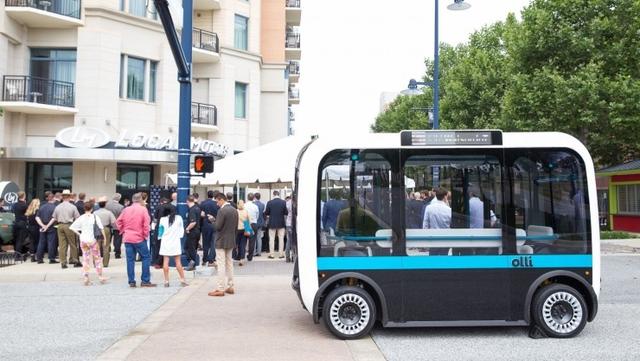
Instead of developing their own autonomous vehicle systems like big companies like Google, Ford and Tesla, these startups sell and operate autonomous vehicles with more grounded commercial experience. Because they operate mainly in private areas, this can avoid accepting government regulation like large technology companies. And even if they don't succeed in the end, they may become acquisition targets for many automakers and suppliers, such as public transport provider Keolis (one of Navya investors) and FirstGroup.
These companies hope that the vehicle will be fully automated in the next few years. Now their autopilot bus is driving on a fixed line.
So the question is, can the autopilot shuttle learn enough from a fixed line and eventually go anywhere, just like Uber, Google?
Perhaps we can learn something from the four companies Navya, Local Motors, Auro RoboTIcs, and EasyMile. These companies are either selling or renting autopilots and conducting commercial trials in Australia, Germany, the United States and Japan, ranging from a few people to hundreds of people.
The following are the basics of the four startups mentioned in the article:
Navya
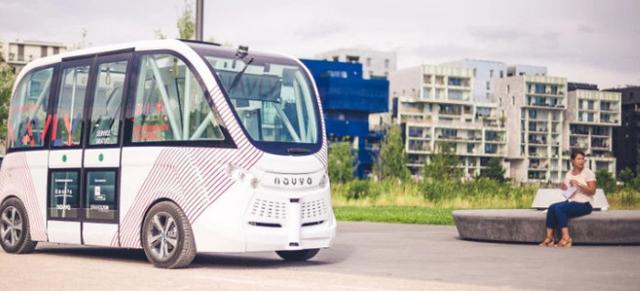
Established: 2014
Headquarters: Lyon, France
Number of employees: 70 employees, half of whom are engineers
Ownership: Private equity firms, there are also some additional investors
Fundraising: 30 million euros
Manufacturing: Electric vehicles are produced in Lyon, France, and may open in North America in the future.
Hardware: Velodyne Lidar, GPS sensor, stereo camera, ranging sensor
Cost: approximately $250,000 per shuttle
Clients: Qatar, Switzerland, Australia (Perth) and the University of Michigan
Navya is one of the startups doing well in this emerging market, launching the core product Arma in October last year. Arma has been fully automated and can accommodate up to 15 people with a top speed of 45 km/h. According to Andy Rogers, the company's North American business chief, Navya's shuttle has reached 1,500 miles per day, averaging 1,500 passengers a day. Navya also signed a strategic agreement with the relevant departments, and will also mass produce in the Middle East in the future.
Local Motors

Established: 2007
Headquarters: Phoenix
Number of employees: 200
Funding: $65 million, including investments from Airbus and GE
Manufacturing: 40% of the shuttle bus comes from Rock Car's 3D printing factory, and the shuttle's autopilot software comes from Ibeo and Meridian. IBM's Watson team also assisted.
Hardware: Lidar sensors from Velodyne and Quanergy; and NXP sensors
Pricing: Rental price is not fixed
Business Scope: National Port, Oxon Hill, Maryland, Berlin Corporate Park
Jay Rogers, CEO of Locke Motors, developed a self-driving shuttle in a unique way. The company works with the IBM Watson team to provide passengers with information about their surroundings, including weather reports and recommended restaurants. Locke’s shuttle product name is Olli.
"The bus you are riding has no drivers or even a steering wheel. You need to have a great trust in it." Bret Greenstein, an IBM executive who participated in the Olli project, said, "The shuttle must know you," he added. I will ask questions such as 'Are we here?', 'Why are the cars slowing down?', and we need more time to improve the ability of the autopilot system to answer questions."
Locke Motors currently operates three micro-factories, each about 10 acres, costing about $20 million. The factory uses 3D printers to produce some auto parts. Rogers hopes to produce tens of thousands of self-driving shuttles in small factories, and to constantly adjust the hardware and software of the shuttles according to the specific needs of customers. Next year, Locke Motors will open another factory in the San Francisco Bay Area.
Auro RoboTIcs
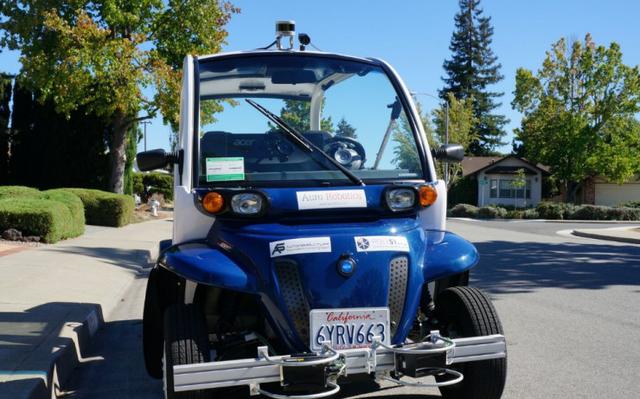
Established: 2014
Headquarters: Santa Clara, California, USA
Employees: seven engineers
Funding: $2 million raised from Y Combinator, expected to raise funds again early next year
Hardware: Buy an existing Polaris GEM electric golf cart with seating for 2-12 people. Image data was acquired using two sensors and a front camera using a Velodyne lidar.
Pricing: Each shuttle costs between $2,000 and $5,000 per month, including insurance.
Client: Santa Clara University
Auro RoboTIcs is the newcomer to the field and launched the first campus version of the four-seater shuttle two weeks ago.
The company hopes to implement unmanned shuttle buses in some closed parks, such as campuses, amusement parks, and forested areas. The flow of people in these areas is relatively concentrated, but the area is huge, and tourists or pedestrians sometimes need some means of transportation. And Auro RoboTIcs fills the gap in this market and can reduce labor costs for park managers.
Auro Robotics spent $70,000 to buy a golf cart and equipped it with sensors and special software. As the company grows in size, this cost will fall. Currently the company's target customers are mainly university campuses. Auro Robotics uses the existing shuttle to collect data and plans to expand its service area next year.
EasyMile
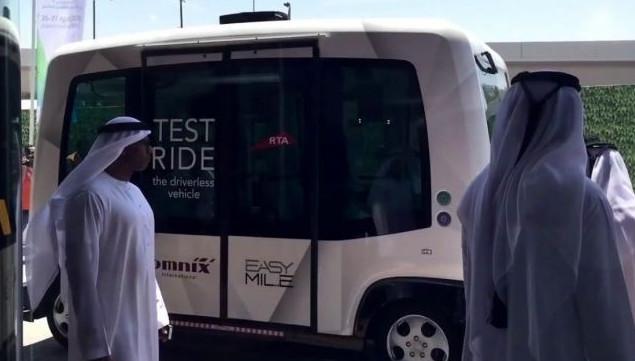
Established: 2014
Headquarters: Toulouse, France
Number of employees: 60 people
Ownership: Jill automaker and robot software company Robosoft joint venture
Location: France, Singapore, Netherlands, Finland, Japan, etc.
As early as 2015, EasyMile has bravely taken the first step of commercialization. The company's EZ10 driverless bus has been officially put into use, and is currently in France, Finland, Switzerland, the Netherlands, Greece, Spain, and Italy. The country has shipped tens of thousands of passengers. EasyMile hopes to have 100-200 EZ10s in use in 2017.
Not only that, the Japanese mobile game company DeNA also used the EasyMile driverless shuttle service in the park. The Contra Costa Public Transport Bureau in Concor Costa, Northern California also purchased the EasyMile shuttle bus for use in the park.
to sum up
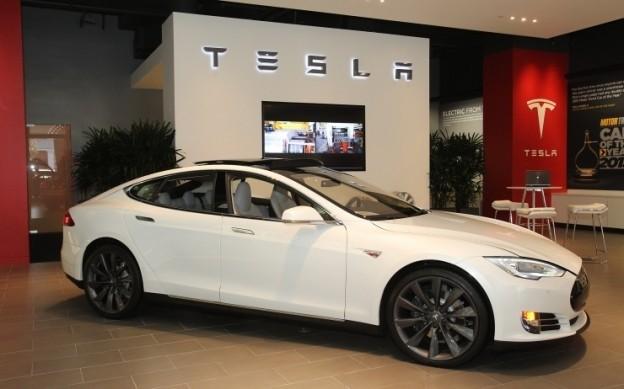
The future of these startups is uncertain. It’s important to know that the giants in the autonomous driving industry have spent billions of dollars developing automated driving systems, and if they are to apply these technologies to private area buses, it’s easier to form economies of scale, and people are more likely to use them. Experience the autopilot shuttle service at a low cost. As a result, startups may be miserable.
“Companies that have the ability to build autonomous vehicles, it’s not difficult to apply these technologies to the low-end market,†said Brad Templeton, a researcher who worked for Google’s self-driving car program. However, he added that startups deserve to be tested in this area. After all, as long as they have talents in this field, they can get investment even without too many products and customers. For example, Cruise was acquired by General Motors and Otto was acquired by Uber.
“Start-ups are the first to make a big effort when there are not many incoming players. This is very valuable.â€
36W Wall Mounted Power Adapter
12V 3A power adapter is a compact and efficient device that converts AC power from a wall outlet into DC power for electronic devices that require a 12V input. With an output of 3A, this ac power adapter is capable of providing a steady and reliable power supply to a variety of devices such as routers, LED light strips, CCTV cameras, and more.
Featuring a universal input voltage range of 100-240V, this dc12v 3a switching power adapter is suitable for use in most countries around the world. Its compact size and lightweight design make it easy to carry and store, making it ideal for travel or everyday use. The 12v 3 a ac adapter also comes with a variety of safety features, including overvoltage protection, overcurrent protection, and short circuit protection, to ensure the safety of your devices.
The 12V3A power supply adapter is a versatile and reliable solution for powering a wide range of electronic devices. Whether you need to power a router, LED light strip, CCTV camera, or any other device that requires a 12V input, this switching power suppy is the perfect choice. Its compact size, universal input voltage range, and safety features make it a convenient and dependable power supply for all your electronic devices.
12V 3A Power Adapter,12V3A Power Supply Adapter,DC12V 3A Adapter ,12V3A Power Adapter
Guangdong Mingxin Power Technologies Co.,Ltd. , https://www.mxpowersupply.com